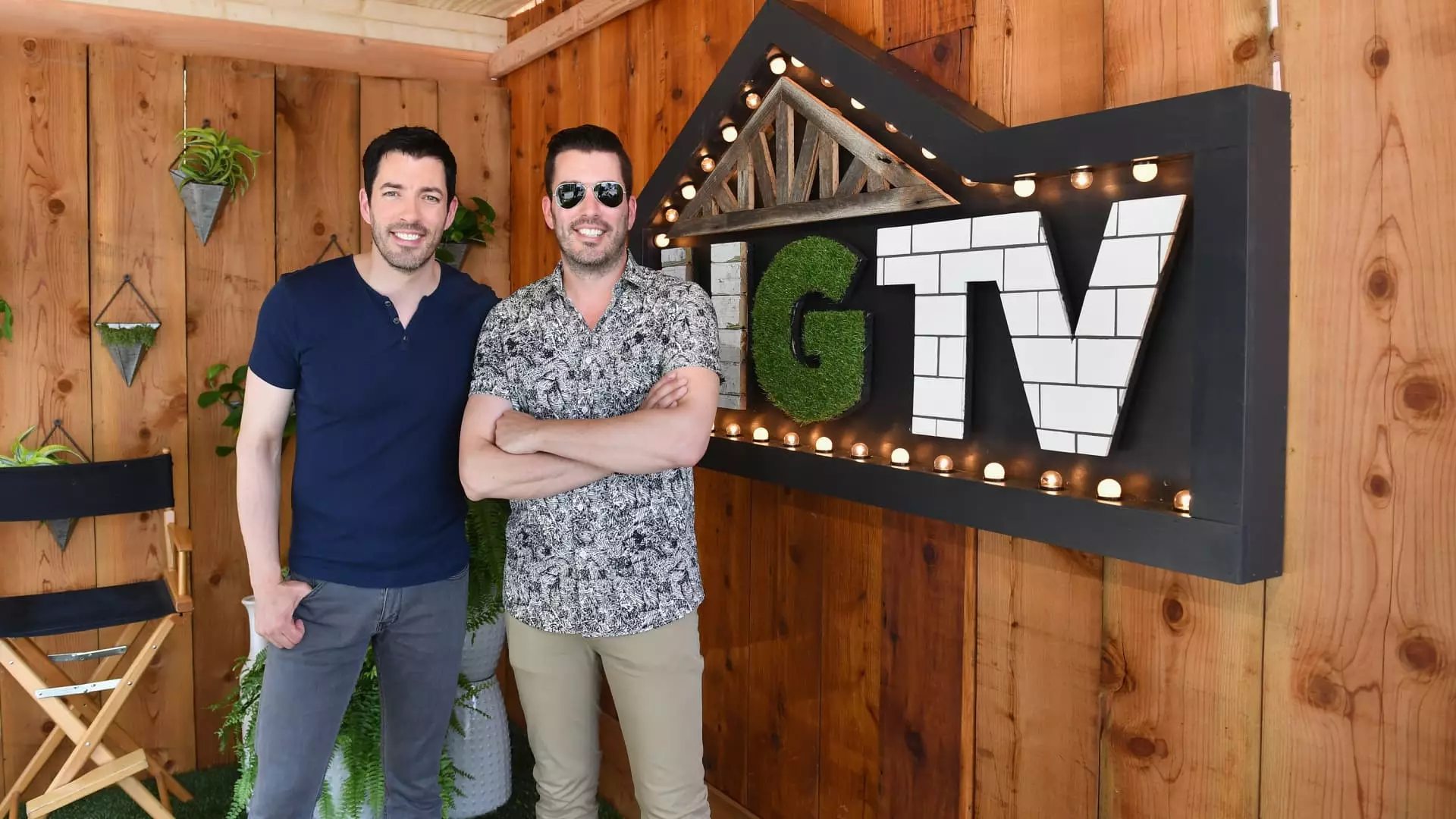The U.S. housing market is currently facing unprecedented challenges that make home buying a daunting task for many potential buyers. One of the most significant issues is the substantial shortage of available homes, a situation compounded by a host of other economic factors. Drew Scott and Jonathan Scott, co-hosts of the popular television show “Property Brothers,” articulated this dilemma during a recent CNBC event. Their insights highlight how the current housing shortage deeply influences both housing affordability and homelessness, ultimately reshaping the landscape of home ownership.
Rising Prices Amidst Limited Supply
Despite a slight decline in median home prices, which fell from $426,800 in early 2024 to $412,300 in the second quarter, these figures do not tell the whole story. The housing market is still grappling with a significant shortfall—estimated by the National Association of Realtors at around four million homes as of mid-2023. Even though there are minor signs of recovery, such as a 2.7% increase in single-family housing starts in September, this growth is insufficient to address the core issue of demand outpacing supply. This ongoing imbalance only serves to push prices higher as buyers compete for the limited inventory available.
The Effect on Future Generations
The potential long-term consequences of this housing shortage are alarming. Jonathan Scott’s assertion that “no young person will be able to afford to purchase a home” within the next couple of decades underlines a growing concern over the viability of home ownership for future generations. As more buyers enter the market without a corresponding increase in available homes, the prospect of owning a house becomes dimmer for younger demographics, constraining their financial freedom and stability.
Another factor influencing the market is the “lock-in” effect experienced by many homeowners. Those who secured historically low mortgage rates during the pandemic are hesitant to list their homes, fearing that they may not be able to find a similarly favorable deal again. This psychological barrier not only limits the inventory of homes available for sale but also perpetuates the cycle of scarcity. As more homeowners retain their properties, the supply of houses on the market remains critically low, further exacerbating the housing crisis.
Despite the challenges, the Scott brothers emphasize that home buying remains a sound long-term investment. With U.S. homeowners boasting a combined net equity of over $17.6 trillion as of the second quarter of 2024, the potential for home equity growth provides a glimmer of hope even amidst escalating prices. They advise potential buyers to adopt a long-term perspective, suggesting that waiting patiently could yield better opportunities in the future.
Innovative Solutions for Aspiring Homeowners
In light of the current market dynamics, the Scott brothers encourage future homeowners to think creatively. Collaborative purchasing with family or friends can present an alternative route to overcome financial barriers. By pooling resources, buyers can navigate the high costs and challenges more effectively, making home ownership a more attainable goal, even in these trying times.
While the road to home ownership today is riddled with obstacles, understanding the market and considering innovative strategies can empower buyers to make the leap into home ownership.

